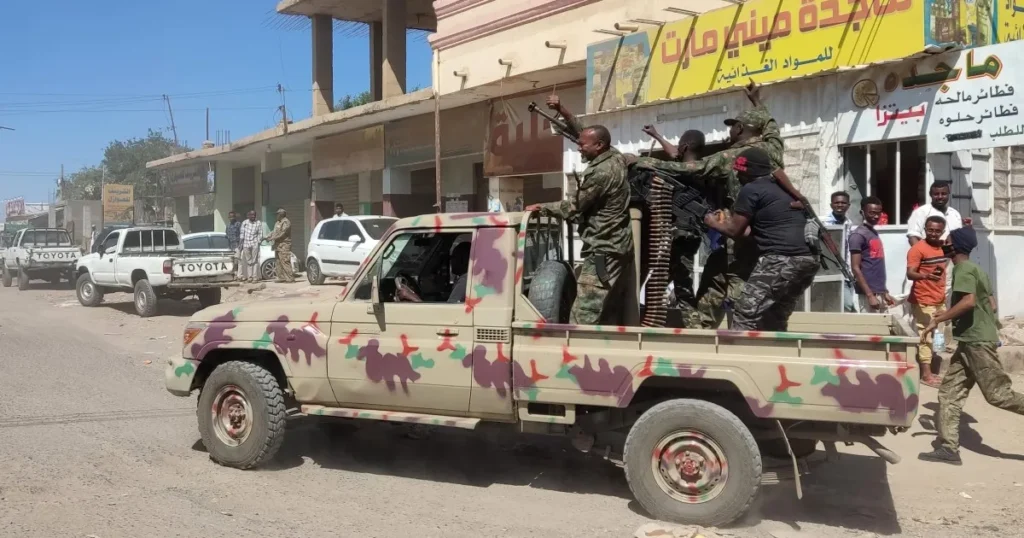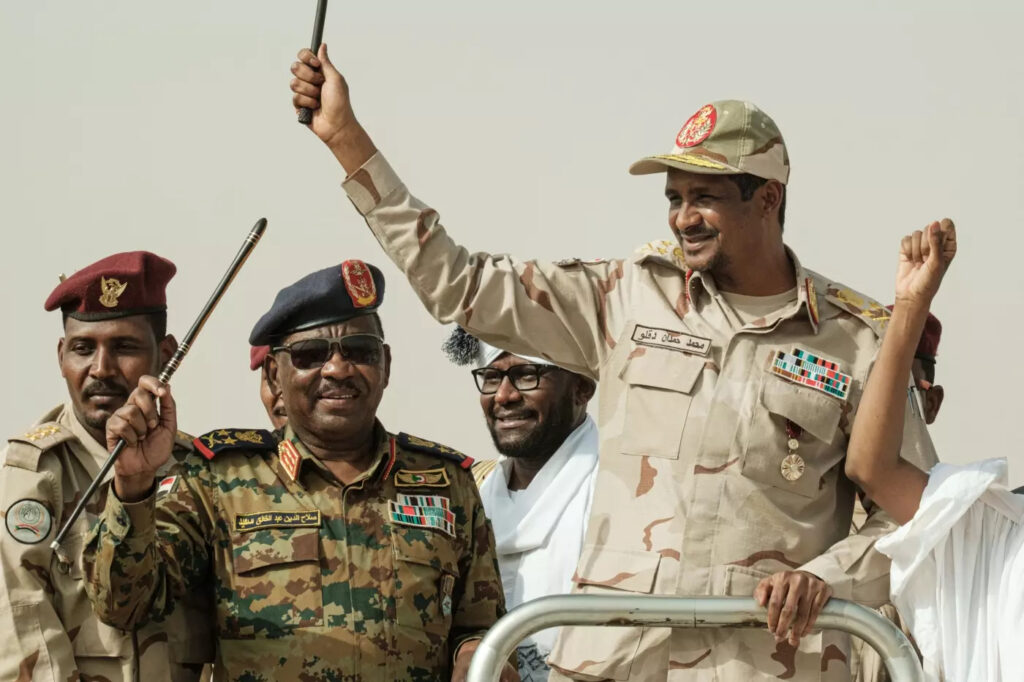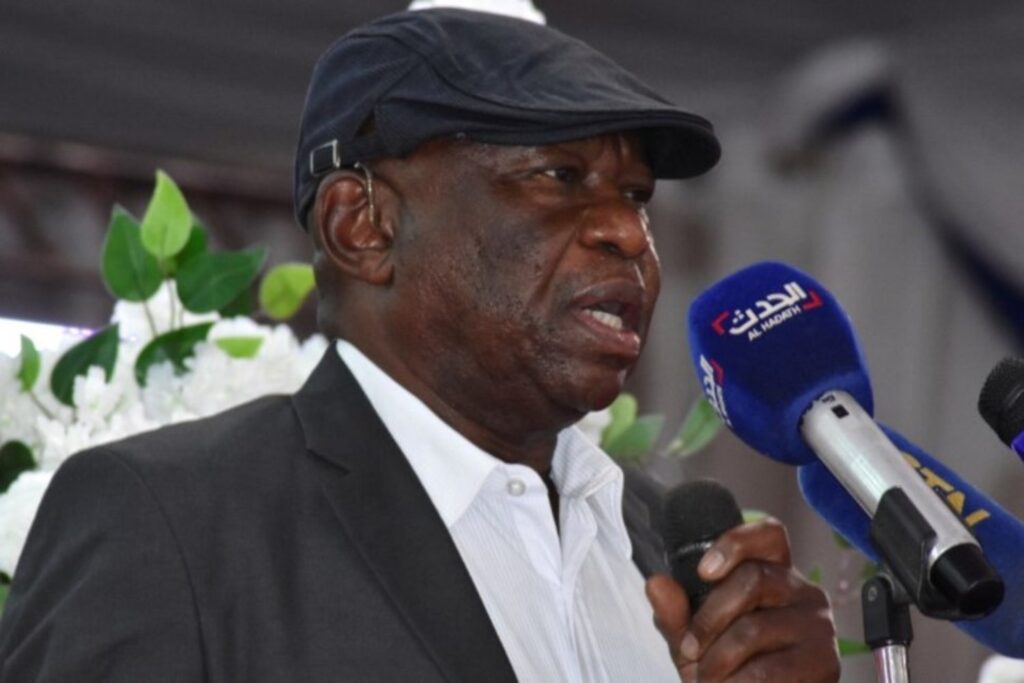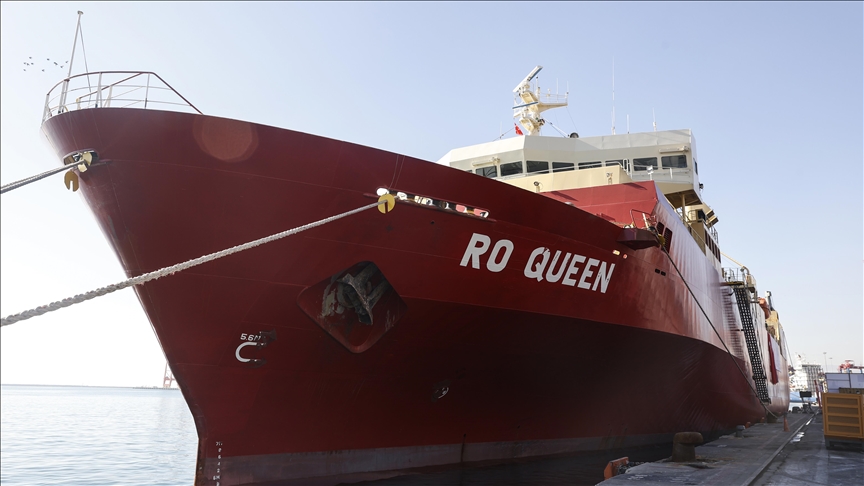
The Sudanese Armed Forces (SAF), led by General Abdel Fattah al-Burhan, have come under fierce criticism following another devastating assault targeting Sudan’s civilian population.
According to activists and Rapid Support Forces (RSF) on Sunday the residents of Saraf Omra, a town in North Darfur, were subjected to relentless bombings, resulting in the deaths of dozens and leaving many more wounded.
This indiscriminate attack has further stained the reputation of al-Burhan and the SAF, viewed by opponents as extensions of the oppressive Islamic Movement that has long sowed fear and violence in the country.
The massacre in Saraf Omra comes on the heels of recent bloodshed in Nyala and Belil, South Darfur, where hundreds of civilians were allegedly killed in similar SAF airstrikes.
The sustained bombardments have decimated entire neighborhoods, violating international humanitarian law and igniting outrage among human rights advocates.
The Rapid Support Forces (RSF) have claimed to possess evidence pointing to external support for the Islamic Movement, asserting that such backing is fueling what they describe as a genocidal agenda across Sudan.
The accusation adds a grave dimension to an already catastrophic situation, implicating regional and international actors in the ongoing violence.
The RSF, presenting themselves as defenders against the remnants of Sudan’s autocratic past, have pledged to continue their resistance against the SAF and their supporters, branding them as remnants of the “Port Sudan gang” — a symbol of entrenched corruption and authoritarian rule.
The struggle for Sudan’s future, marked by bloodshed and turmoil, underscores the deep fractures left by years of military dominance and extremist influence.
As conflict rages across the country the hope for a peaceful and equitable Sudan remains fraught with uncertainty.




